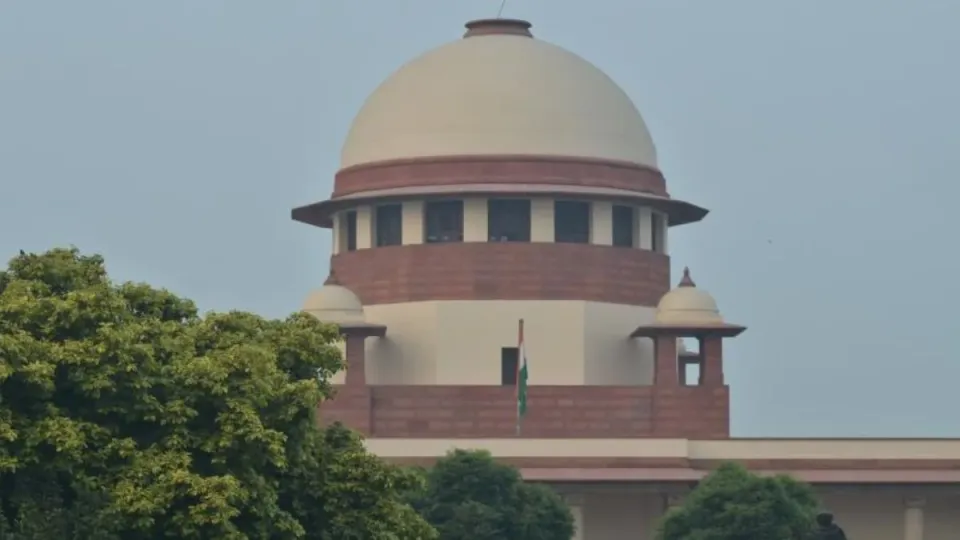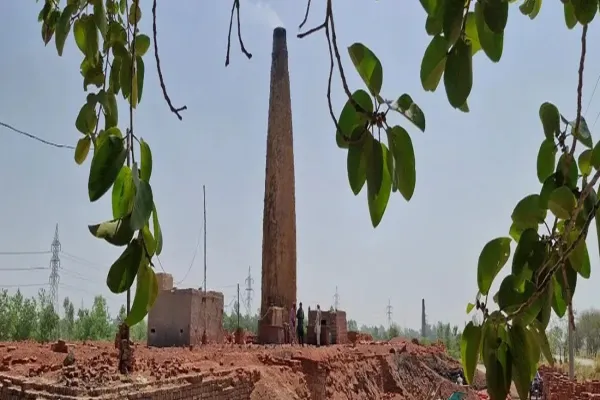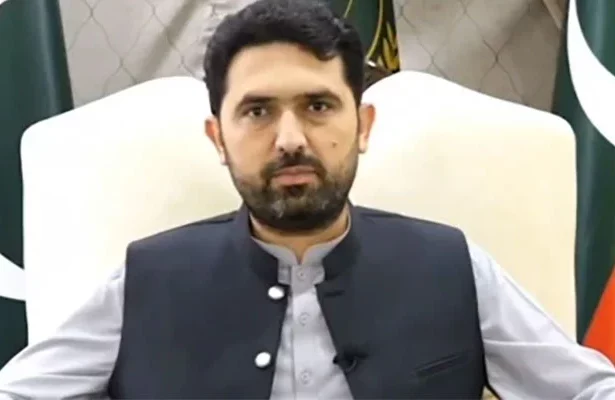The Supreme Court of India has suspended the new clauses of the controversial law, based on how Muslims owned and managed their properties. Amendments in the Waqf Act 1995: According to the media outlet, the Modi government has made changes to the new, controversial Muslim property law clauses. Modi said the changes are made to …
India’s Apex Court Suspended Key Muslim Property Law Clauses

The Supreme Court of India has suspended the new clauses of the controversial law, based on how Muslims owned and managed their properties.
Amendments in the Waqf Act 1995:
According to the media outlet, the Modi government has made changes to the new, controversial Muslim property law clauses. Modi said the changes are made to make the process transparent.
However, the opposition parties criticised the changes made in the Waqf Act 2025. They stressed that the changes in the Act are meant to deprive the Muslim community of their due rights.
Waqf is basically a donation that Muslims particularly make for the welfare of the Muslim community. The Muslim community uses the Waqf for establishing mosques, graveyards, orphanages, and madrassas. These properties cannot be sold for any other purpose.
In India, these waqfs were managed by the Waqf boards established under the Waqf Act 1995. However, in April, the Modi government made changes to the Waqf Act. The changes include how a waqf property is determined and managed. The Muslim community criticised these amendments.
On Monday, the Supreme Court bench, including the Chief Justice of India, B.R. Gavai, and Justice A.G. Masih, gave a verdict regarding the amendments in the Waqf Act. They totally rejected the entire 1995 Waqf law amendment and said that “the grant of stay is only in the rarest of rare categories.”
SC rejected certain provisions in the new Waqf law:
Earlier in the Waqf law, if someone verbally declared without any legal documentation that a certain property is now Waqf, then the property would be declared as Waqf because of the continuous use of the Muslim community. The new changes have changed this policy.
As per the new policy, the Waqf properties now need legal documentation to be called as Waqf properties. In case a dispute arises over certain property, then the decision will be on the government.
The Supreme Court, however, nullified this clause that gave power to the government to make the final decision for the citizens. The court said that it is against the rights of the citizens.
Another controversial clause that demands a waqf donor to be a practising Muslim for at least 5 years in order to declare certain property as Waqf is rejected. The State-level boards and a central council are currently managing the Waqf properties. The council includes nominees from the state bar council, Islamic scholars, Muslim lawmakers, members of the state government, and property owners.
The Apex court judges also rejected the new clause that demands the inculcation of non-Muslims to the Waqf board. However, the judges also reduced the number of non-muslim members. The non-muslim members were reduced to 4 in the 22-member federal board and to 3 in the 11-member state boards.
The court said, “Efforts should be made to appoint the chief executive officer of the board from amongst the Muslim community.” The case reached the top court in early April after the Parliament passed it.











